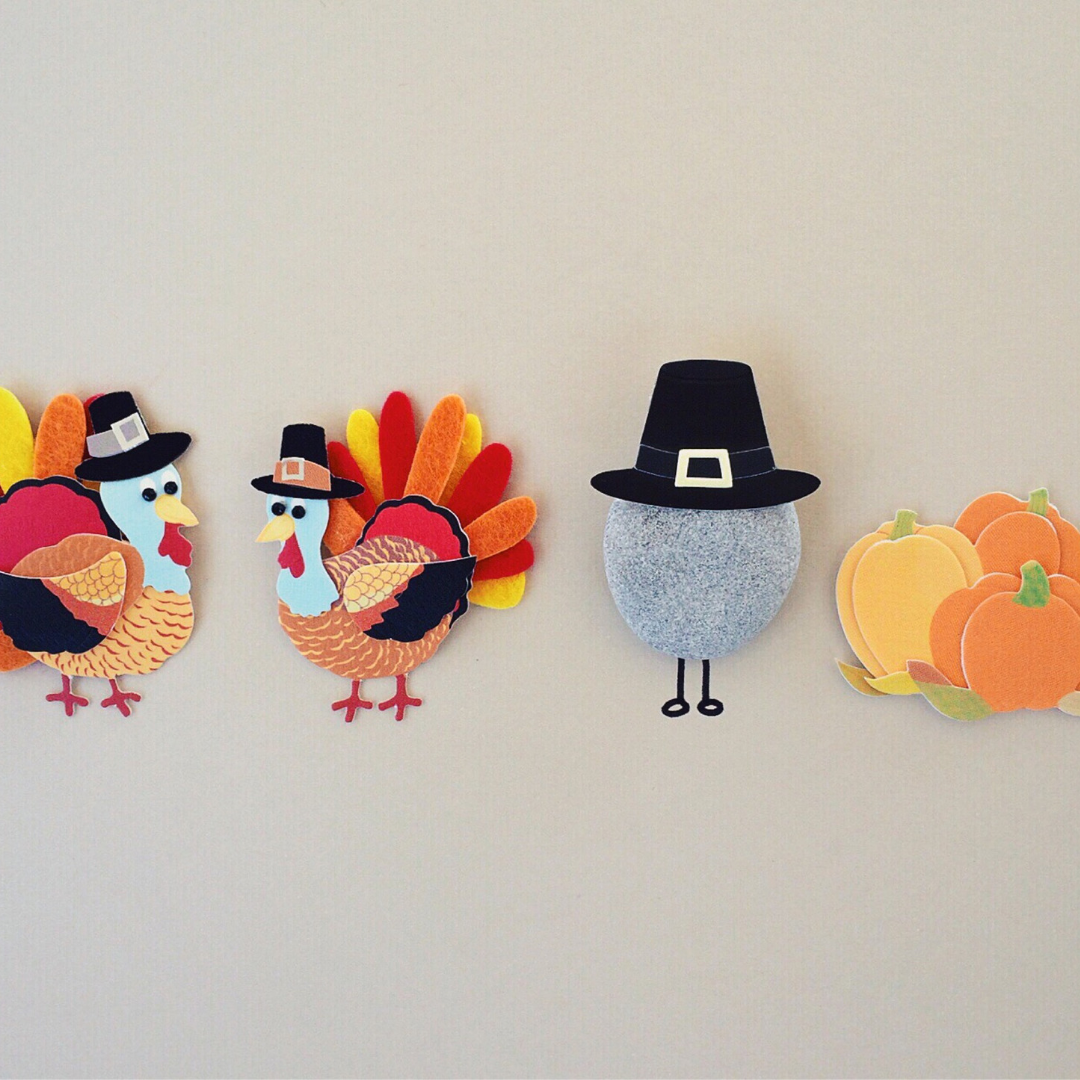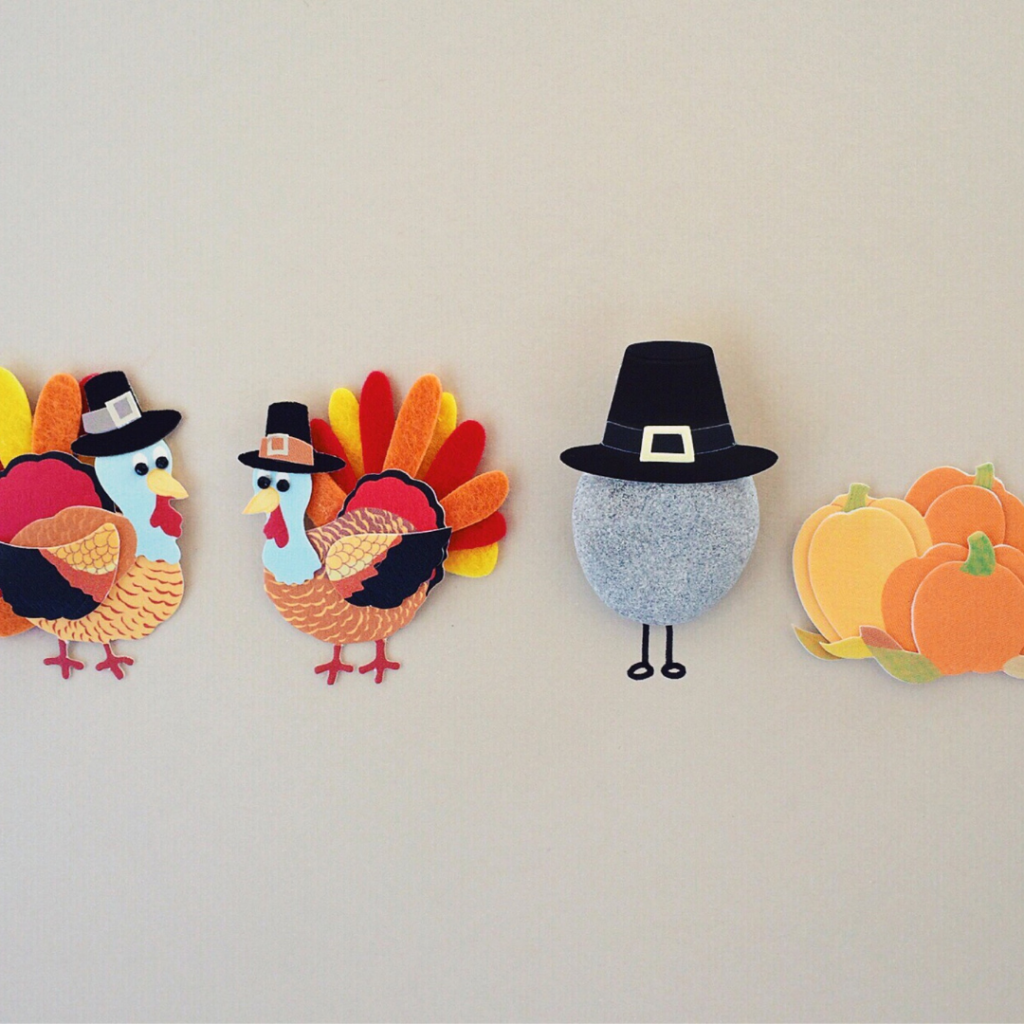
It is Thanksgiving week. Naturally, in addition to how to cook the turkey and whether it is “stuffing” or “dressing,” our thoughts turn to gratitude – the giving of thanks.
Did you know that gratitude has to be cultivated? I am not sure I know many human beings born with an innate talent to only see the positive in life, the blessings and the love. Instead, our monkey minds become consumed with every fire that needs put out, every paper cut, and everything we haven’t received.
As adults, we need to work within ourselves to grow gratitude. As parents, we definitely need to do the work of helping our children be grateful. It is HARD.
Our children have limits on media consumption (that’s not new news here). Of course, every time screen time is over, immediately they complain about how they “get less time than EVERY OTHER KID THEIR AGE.” EVERY kid, friends. Clearly, this is ridiculous. And it drives us batty.
It is that sentiment right there (that they would try to say they have it worse than everyone else) that forces us as parents to reach down deep, breath out a sigh of patience, and try to help them learn that they are darn lucky to have ANY screen time at all and not be digging their lunch out of a trash heap. We aren’t sure it’s working, but we feel it’s important to try hard at this.

Here are some things, as parents, we can do to help grow an attitude of gratitude in our kids:
–> Give back to others – and also TALK about and experience how others live. It is easy to go pick a toy from Target at the holiday season and give it to Toys for Tots (and you should), but most children are so far removed from the reality of why those families need those toys.
As mentioned, we love Compassion International and the literature does a fabulous job explaining how children around the world live without scaring or scarring kids. Whatever way you feel comfortable with (books, conversations, church, volunteer opportunities), find gentle ways to expose your children to the world.
–> Have gratitude discussions. Every night, our family shares around the dinner table (or in the car, if we are on the road), “What was your favorite part of the day?” Adults have to answer, too! Our youngest son’s friend at school said she does “sandwiches” with her mom: “a good, a sad, a good” once a day. Take time to say out loud every day what you are grateful for, especially the small moments.
–> Make them write thank you notes! At birthday time, gifts should not be a requirement or an expectation. Receiving a gift should be treated with thankfulness. Our children have to “write” (and age-appropriateness is considered) a thank you card for each gift they receive for their birthdays. We do make exceptions for this at Christmas, but only because we exchange gifts in person. After each gift opening, they are asked to express thanks to the gift-giver.
–> Use printables and journals. If talking about gratitude or remembering yet another thing to do during the day (such as a question at dinner time) is not the way your family operates, there are plenty of options, so don’t worry! Big Life Journal stands out to us as remarkable products trying to help. For a small fee, they are offering printable packets of exercises to encourage a mindset of appreciation and reflection.
–> Let kids help shop. Christmas, especially, gets so kid-focused in our house. They spend time crafting their lists and thinking through what they want. They comb the Target catalog and their eyes light up at commercials. We don’t mind; we remember that feeling as kids ourselves and it is fun! Yet during Christmas shopping, let the kids experience the process of thinking what someone else would like. Talk about what a family member might appreciate.
Let’s be honest: kids are still kids. They can’t be expected to bear the weight of the world and self-centeredness is what they are born with. Both elements contribute to healthy survival in many ways. But, as they and their minds grow and mature, we can help them become humans who learn to appreciate the good rather than bemoan the tough or unfair.
Because there are so many blessings, little and big, and if we look at the right angle, life is beautiful.
